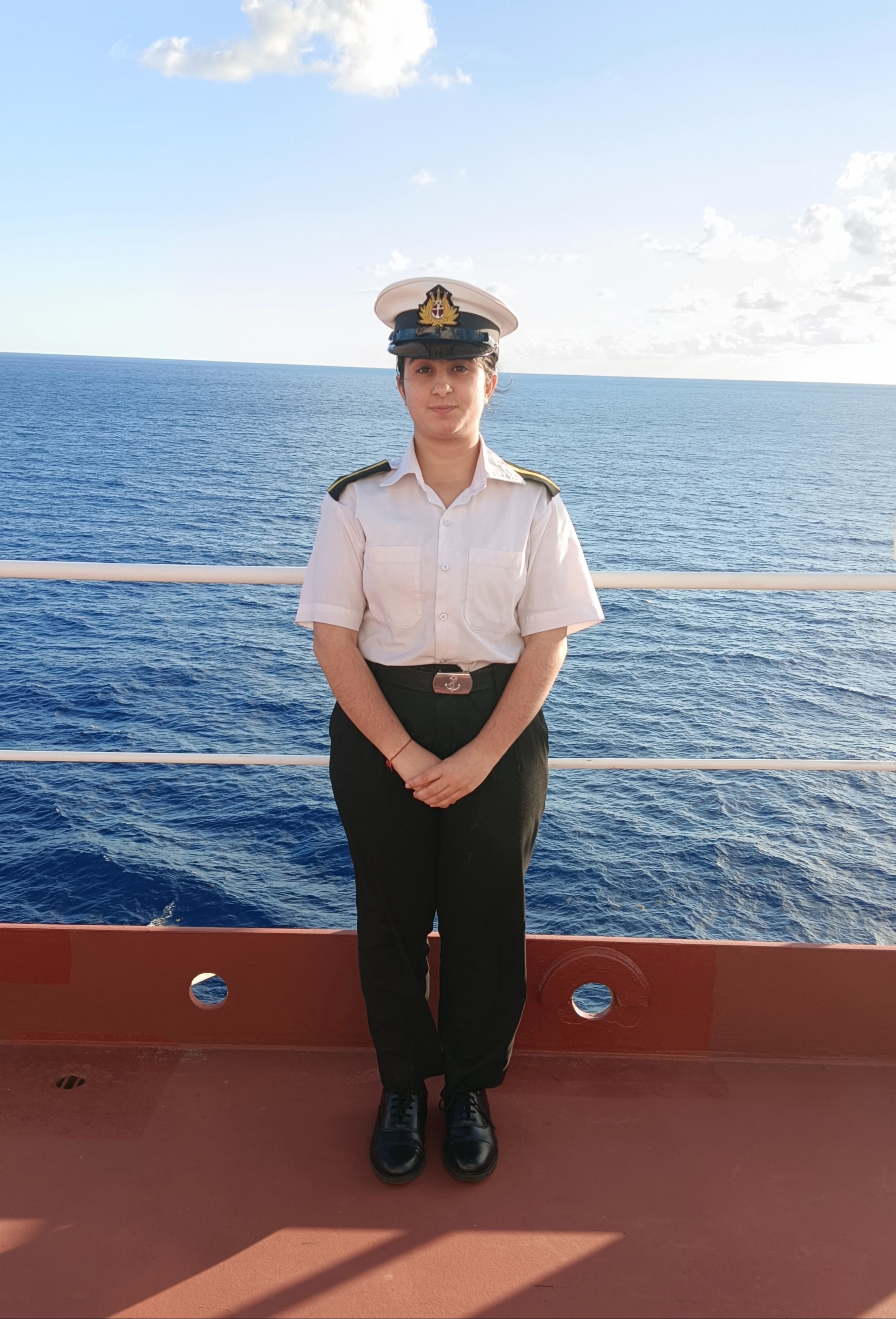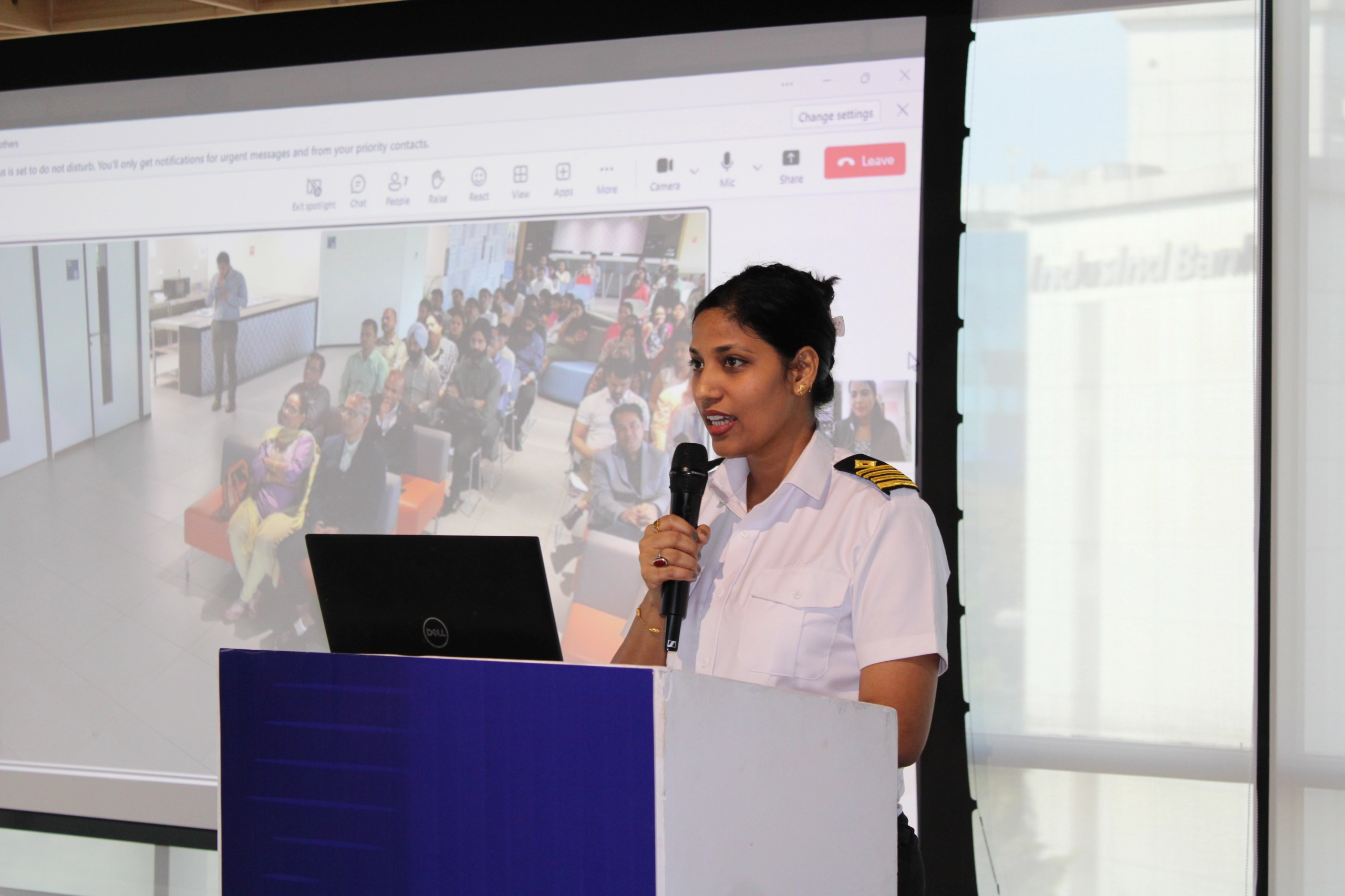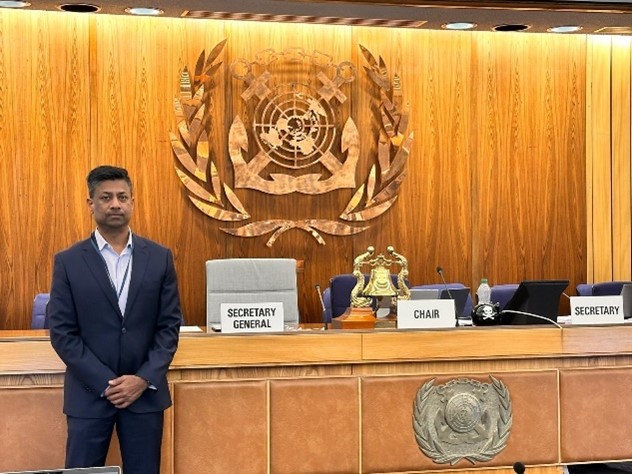Read Our Latest News and Insights

Fleet Management Limited and Jiangmen Nanyang Ship Engineering Co. Partner to Deliver 100 Vessels

Voices from the Sea: Zhang Bihan, 3rd Officer

Fleet Management Limited and Jiangmen Nanyang Ship Engineering Co. Partner to Deliver 100 Vessels

Voices from the Sea: Zhang Bihan, 3rd Officer
Newsletter sign-up
Stay up-to-date with the latest by signing up for our newsletter
𝗖𝗼𝗻𝗴𝗿𝗮𝘁𝘂𝗹𝗮𝘁𝗶𝗼𝗻𝘀 𝘁𝗼 𝗖𝗮𝗽𝘁𝗮𝗶𝗻 𝗗𝗲𝗲𝗽𝘁𝗶 𝗦𝗶𝗻𝗴𝗵, 𝗼𝘂𝗿 𝗙𝗜𝗥𝗦𝗧 𝘄𝗼𝗺𝗮𝗻 𝘀𝗲𝗮𝗳𝗮𝗿𝗲𝗿 𝘁𝗼 𝗮𝗰𝗵𝗶𝗲𝘃𝗲 𝗮 𝗽𝗿𝗼𝗺𝗼𝘁𝗶𝗼𝗻 𝘁𝗼 𝗠𝗮𝘀𝘁𝗲𝗿.
— Fleet Management Limited (@Fleet_stories) August 13, 2024
Read more here: https://t.co/xt1kSQ0sun#FLEETStories #womeninmaritime #leadership #shipping pic.twitter.com/9OEskQBpLe
Our skillful and committed seafarers onboard TTC Vishaka recently pulled off a brave rescue in the #MalaccaStrait! Read more about it here: https://t.co/cWVnZRyGwL#maritime #safeshipping #rescue pic.twitter.com/klxiiy8TeN
— Fleet Management Limited (@Fleet_stories) September 17, 2024
Our Quality Catering Division (QCD) played host to seafarers and families for a special event. General Manager Ashwin Joshi showcased our commitment to seafarer #nutritionalwellbeing, and guided the attendees through a special presentation and tasting session#FLEETStories #India pic.twitter.com/OWrbL7oR1Z
— Fleet Management Limited (@Fleet_stories) September 2, 2024



-min.png)

















.jpg)
.jpg)
















.jpg)












.svg)